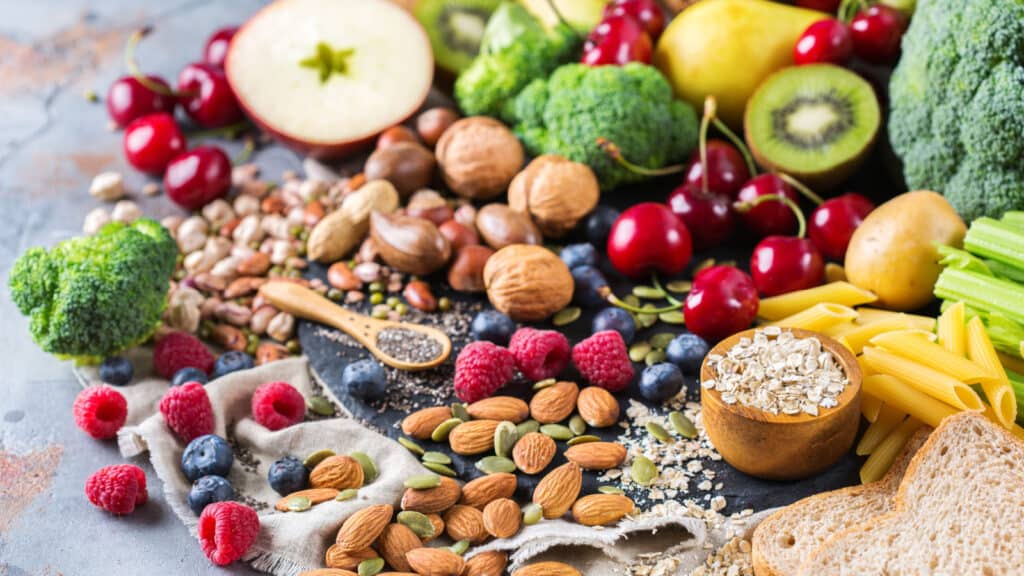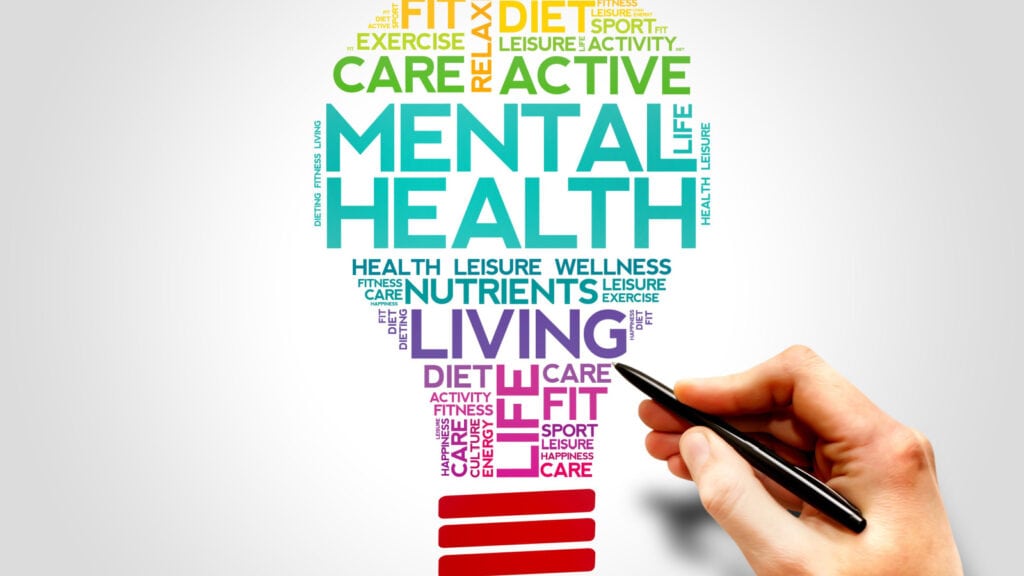25 Essential Habits for a Healthier and Happier Life
In today’s fast-paced world, prioritizing our health and well-being is paramount. By adopting healthy habits, we can significantly enhance our quality of life and overall happiness. Here we explore 25 essential habits that promote physical, mental, and emotional well-being. And many are easier to adopt than you might think!
1. Stay Hydrated

Hydration is key to maintaining optimal bodily functions, aiding digestion, boosting energy levels, and promoting clear skin. Aim to drink at least 8 glasses (64 ounces) of water daily and incorporate hydrating foods like watermelon and cucumber into your diet.
2. Prioritize Balanced Nutrition

A balanced diet rich in fruits, vegetables, lean proteins, and whole grains provides essential nutrients for overall health. Fill half your plate with colorful fruits and vegetables, opt for lean protein sources like chicken or tofu, and choose whole grains like brown rice or quinoa for sustained energy.
3. Get Regular Exercise

Regular physical activity not only keeps you fit but also reduces stress, improves mood, and enhances cardiovascular health. Aim for at least 150 minutes of moderate-intensity exercise per week, such as brisk walking, cycling, or swimming.
4. Practice Mindful Eating

Mindful eating involves slowing down during meals, savoring each bite, and paying attention to hunger cues to avoid overeating. Minimize distractions like TV or smartphones and focus on the flavors and textures of your food for a more satisfying dining experience.
5. Ensure Quality Sleep

Quality sleep is essential for physical and mental recovery. Aim for 7-9 hours of uninterrupted sleep each night by creating a relaxing bedtime routine, maintaining a cool, dark sleep environment, and avoiding screens before bedtime.
6. Stress Management

Incorporate stress-relief techniques like meditation, deep breathing, or yoga into your daily routine to reduce stress levels. Even a few minutes of deep breathing can help you feel calmer and more centered amidst life’s challenges.
7. Maintain a Healthy Weight

Achieving and maintaining a healthy weight reduces the risk of chronic illnesses. Focus on portion control, choose nutrient-dense foods, and engage in regular physical activity to support weight management goals.
8. Prioritize Regular Check-ups

Schedule routine medical check-ups to detect potential health issues early on. Consult your healthcare provider for screenings, vaccinations, and discussions about your overall health and well-being.
9. Practice Dental Hygiene

Proper dental care, including regular brushing and flossing, is crucial for oral health. Brush your teeth at least twice daily, floss regularly, and schedule routine dental check-ups to maintain healthy teeth and gums.
10. Limit Sugar Intake

Reducing sugary beverages and snacks can prevent weight gain and tooth decay. Opt for healthier snacks like fresh fruit or unsweetened yogurt, and limit consumption of sugary drinks like soda.
11. Practice Portion Control

Be mindful of portion sizes to prevent overeating and support weight management efforts. Use smaller plates, measure servings, and listen to your body’s hunger cues to avoid overindulging.
12. Incorporate Fiber-Rich Foods

Include fiber-rich foods like beans, whole grains, and vegetables in your diet for improved digestive health. Experiment with adding chickpeas to salads or opting for whole-grain pasta for a satisfying and nutritious meal.
13. Avoid Smoking and Limit Alcohol

Quitting smoking and moderating alcohol consumption offer numerous health benefits. Seek support and resources if needed, and limit alcohol intake to moderate levels for optimal health.
14. Practice Regular Handwashing

Frequent handwashing is essential for reducing the spread of germs and preventing illnesses. Wash your hands thoroughly with soap and water for at least 20 seconds, especially before meals and after being in public places.
15. Stay Socially Connected

Maintaining social connections is vital for mental health and emotional well-being. Make an effort to stay in touch with friends and loved ones through phone calls, video chats, or in-person visits whenever possible.
16. Learn to Manage Stress

Develop healthy coping mechanisms for stress, such as engaging in hobbies or seeking professional therapy. Activities like painting, journaling, or practicing mindfulness can help reduce stress and promote relaxation.
17. Sun Protection

Protect your skin from harmful UV rays by using sunscreen with at least SPF 30 and wearing protective clothing and sunglasses when outdoors. This reduces the risk of skin cancer and premature aging caused by sun exposure.
18. Stay Vaccinated

Staying up-to-date on vaccinations protects you and others from preventable diseases. Consult your healthcare provider to ensure you receive recommended vaccines based on your age and health status.
19. Prioritize Mental Health Check-ins

Regularly assess your mental health and seek help when needed. If you experience persistent feelings of sadness or anxiety, reach out to a mental health professional for support and guidance.
20. Cultivate Gratitude

Cultivating gratitude by reflecting on positive aspects of your life can improve your mental well-being. Start a gratitude journal to jot down things you’re thankful for each day and foster a positive outlook on life.
21. Limit Screen Time

Reducing excessive screen time can improve sleep quality and encourage physical activity. Set boundaries on screen use, especially before bedtime, and engage in screen-free activities to promote relaxation and well-being.
22. Stay Informed

Stay informed about current health guidelines and recommendations from reputable sources like the Centers for Disease Control and Prevention (CDC) and the World Health Organization (WHO). This empowers you to make informed decisions about your health and well-being.
23. Environmental Awareness

Contribute to a healthier planet by adopting eco-friendly habits like recycling and reducing waste. Recycle paper, plastic, and glass, and minimize the use of single-use plastics in your daily life for a more sustainable future.
24. Efficient Time Management

Effective time management reduces stress and promotes a better work-life balance. Use tools like calendars and to-do lists to prioritize tasks and allocate time for relaxation and self-care.
25. Volunteer and Give Back

Volunteering and acts of kindness not only benefit others but also boost your own happiness and sense of fulfillment. Find volunteer opportunities in your community or offer assistance to those in need for a more meaningful and purposeful life.
The Takeaway

Incorporating these 25 healthy habits into your daily routine can have a profound impact on your physical, mental, and emotional well-being. Remember that small changes can lead to significant improvements in your overall health and happiness. Start today and embrace a brighter, healthier future!
Science Tells Us What To Expect As We Age: Strategies For Thriving In Later Life

How does aging affect our bodies and minds, and how can we adapt to those differences? These are questions that pertain to us all. Aging gradually alters people over decades, a long period shaped by individuals’ economic and social circumstances, their behaviors, their neighborhoods, and other factors. Also, while people experience common physiological issues in later life, they don’t follow a well-charted, developmentally predetermined path. Let’s take a look at what science has told us to expect. READ: Science Tells Us What To Expect As We Age: Strategies For Thriving In Later Life
Join Us

Join us on this empowering journey as we explore, celebrate, and elevate “her story.” The Queen Zone is not just a platform; it’s a community where women from all walks of life can come together, share their experiences, and inspire one another. Welcome to a space where the female experience takes center stage. Sign up for our newsletter so you don’t miss a thing, Queen!







